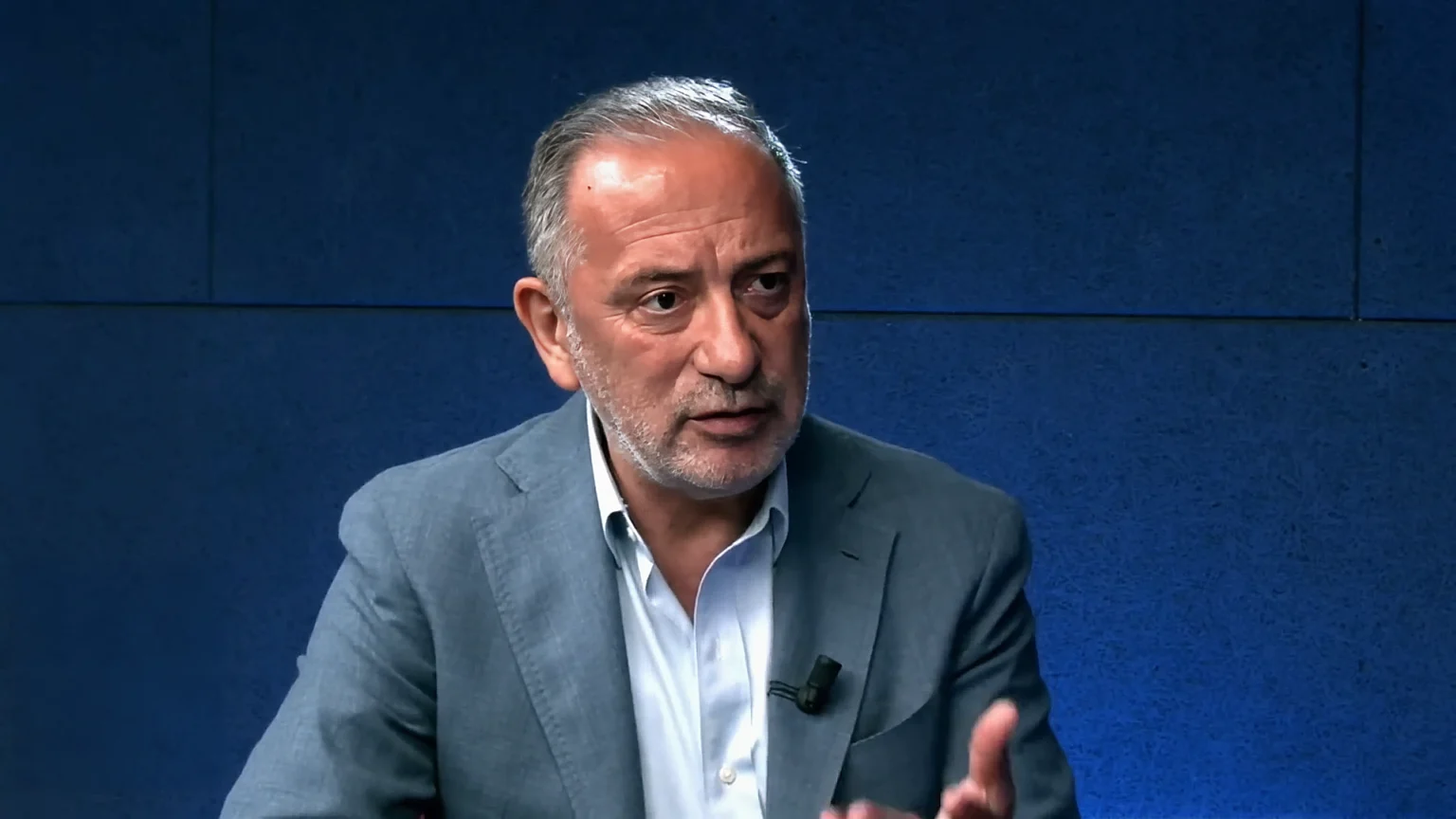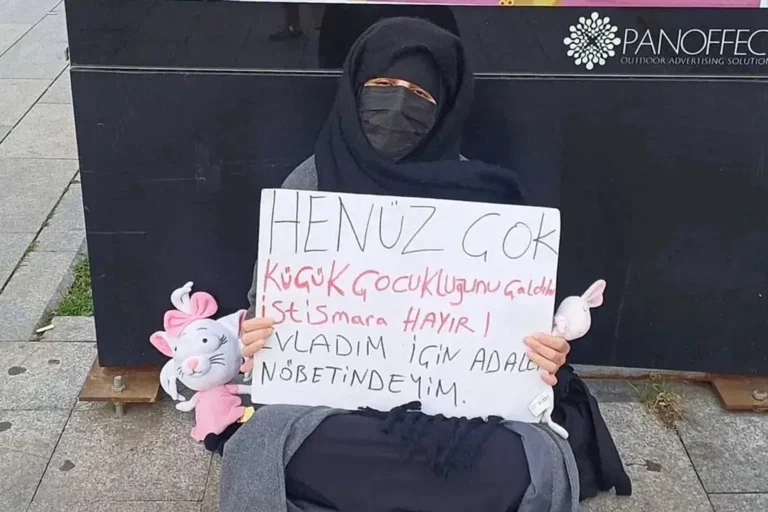Turkish prosecutors have opened a second criminal investigation into veteran journalist Fatih Altaylı, who is already in pre-trial detention on separate charges over comments interpreted as threatening President Recep Tayyip Erdoğan.
| Turkey opens new investigation into jailed journalist Fatih Altaylı |
|---|
 |
| Turkey opens new investigation into jailed journalist Fatih Altaylı |
The new case, announced by the Istanbul Chief Public Prosecutor’s Office, accuses Altaylı of “publicly disseminating misleading information” under Article 217/A of the Penal Code — an offence carrying up to three years in prison. It stems from a 5 August episode of his YouTube show Fatih Altaylı Yorumlayamıyor (“Fatih Altaylı Can’t Comment”), in which former MP Emin Şirin was a guest. Prosecutors say the content contained “false information capable of creating fear, panic or unrest” and was “likely to disturb public order.” The authorities have not yet specified what particular statements in that broadcast were considered misleading or false.
On the same day the video aired, the anti-terror crimes bureau asked a court to block both the broadcast and the channel itself, citing risks to “national security and public order.” The Istanbul 6th Criminal Judgeship of Peace approved the request and — without prosecution’s explicit demand — also ordered the removal of the content. Altaylı’s lawyers have appealed, and YouTube has not yet implemented the decision.
Journalist İsmail Saymaz, speaking on Halk TV, said he had warned on air that if the 5 August broadcast had led to the channel’s blocking, it could trigger “a separate investigation” into Altaylı. “Sadly, that fear came true,” he added.
Altaylı, 62, is one of Turkey’s most recognisable media figures, having worked in print, TV, and as an editor-in-chief over four decades. He was first detained on 22 June over remarks in another YouTube video, in which he commented on public resistance to leaders remaining in office for life. “Outside of the AKP and MHP bases, no one would accept the idea of Erdoğan staying in power for life,” he said, adding that in Ottoman history, “sultans who lost public support were often assassinated, had their throats cut, or forced from office.” Authorities charged him with threatening the president — a crime carrying a minimum five-year sentence — but Altaylı insists he was simply referencing historical fact. “It never crossed my mind that historical references could be interpreted as threats,” he said.
Since 19 March 2025, Turkey has seen a marked increase in arrests and detentions of journalists. Press-freedom groups say dozens have been taken into custody, newsrooms raided, and broadcasters hit with bans or heavy fines. Human rights organisations argue that Turkey’s 2022 “disinformation” law and broad anti-terror statutes are being used to silence dissent. The government says the measures are necessary to protect national security and public order.
Altaylı remains in Silivri Prison outside Istanbul, a high-security facility that has become a symbol of political persecution in Turkey. The prison is known for holding high-profile political figures, journalists, and academics accused under sweeping anti-terror or disinformation laws.













